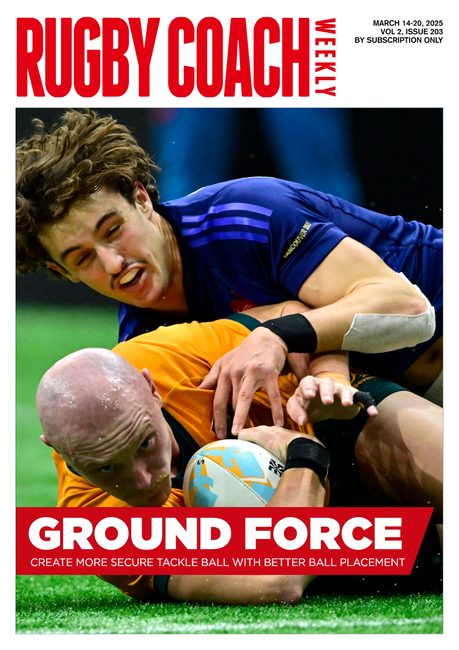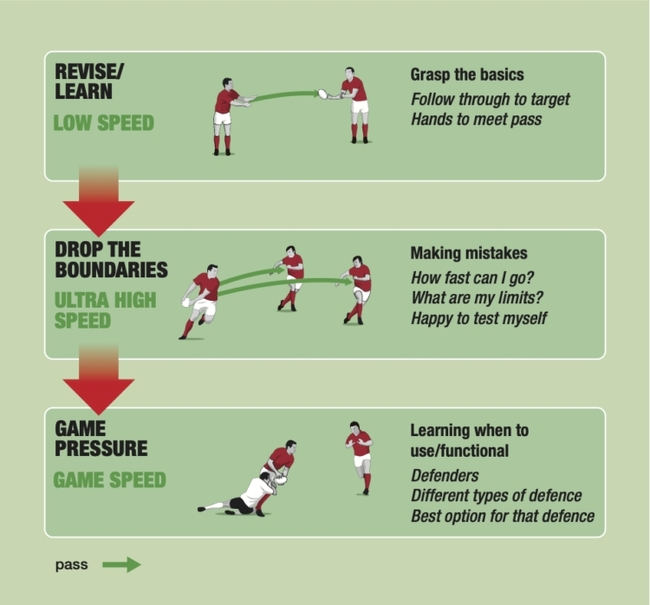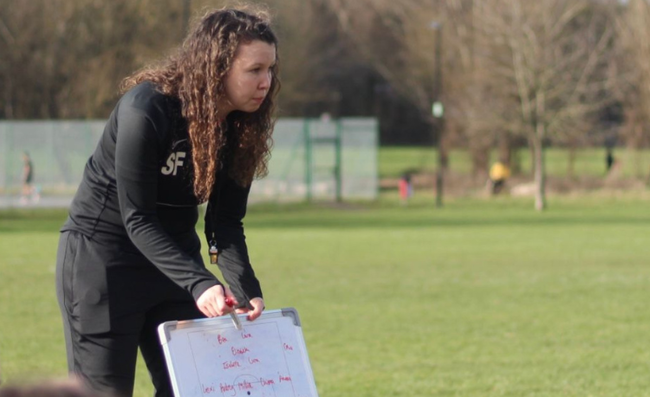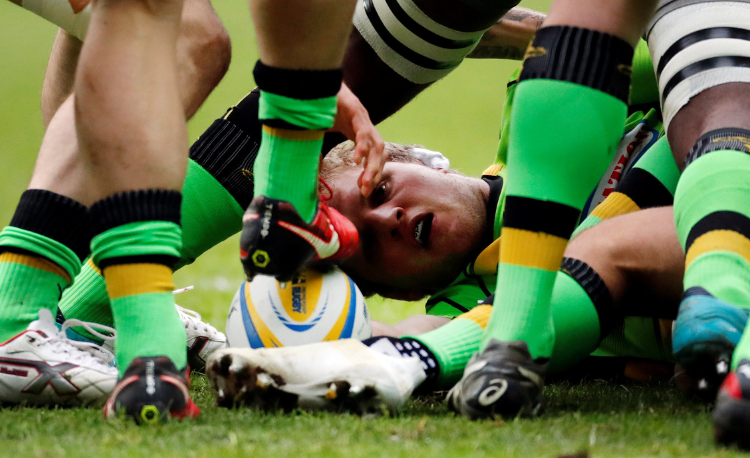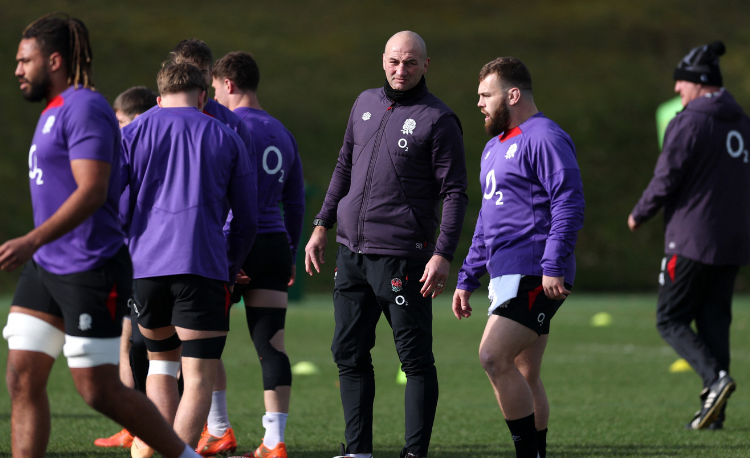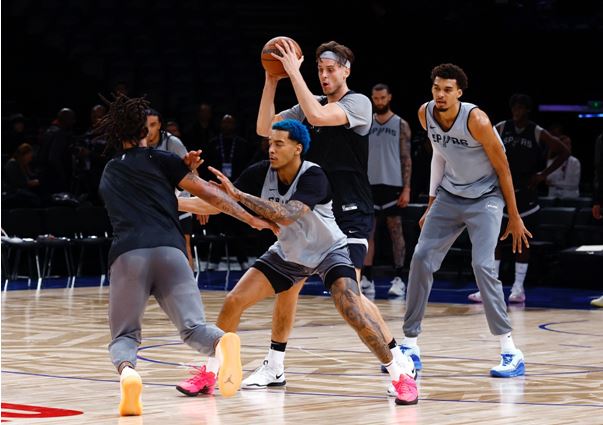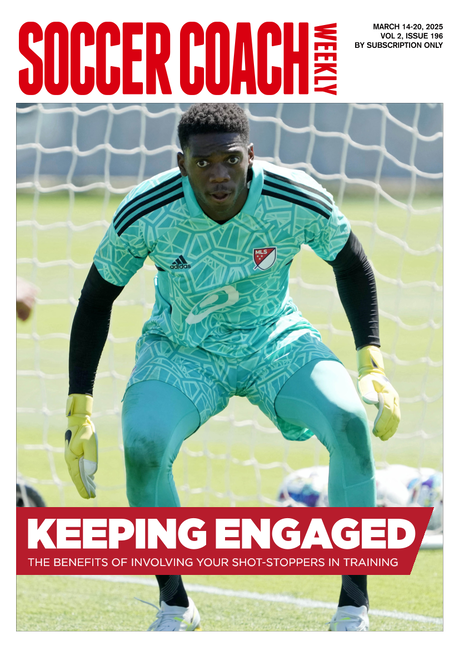Are you a chef or a cook?
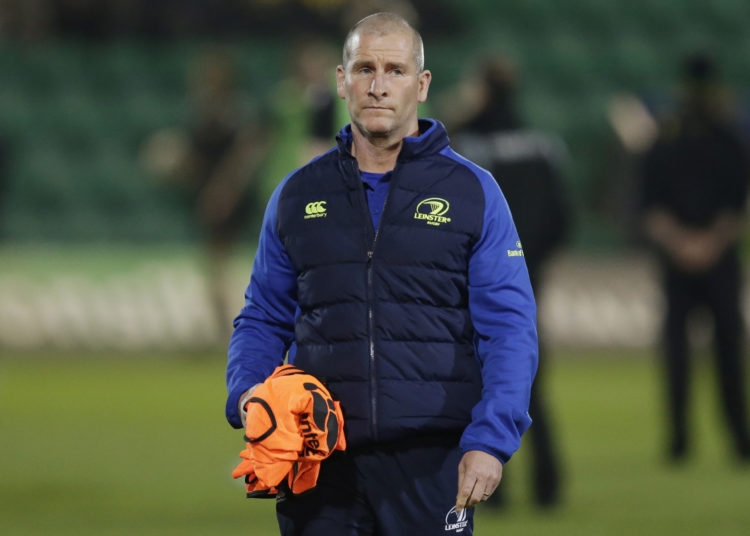
Having your philosophy is vital no matter what level you coach at, insists Leinster and former England coach Stuart Lancaster. Your ideas and beliefs will shape player performance, so you must have a clear idea of how you want the game to be played.
Coaches have their philosophy shaped and influenced by the environment they work in. However, if we are to develop intuitive and creative decision–making players, we need coaches who have developed their own philosophies.
So are you a chef or a cook?
A high–performing chef has the ability to choose the right ingredients and then combine this with his cooking skills to make a delicious dish. If there is a problem in creating a recipe, he can deal with this. He innovates and discovers.
The cook, by contrast, tends to follow instructions: He buys a recipe book and uses somebody else’s procedures.
Most coaches tend to copy the coaching and systems of the first team – like a cook.
While I accept there is a need to have similarities in programmes, a club coach will never get a better opportunity to develop a philosophy than in an environment where results are important but not the sole focus.
Coaches must think about critical issues and decide their position over emerging matters. Ideally, this should be done continuously, even when observing someone else, so that when the coach is in charge of a team or programme he has a clear philosophy.
Many coaches make it their job to study others and accumulate expertise.
A good coach is always learning. An expert coach is not born with innate talent. He develops it, researches it and thrives on learning and reflecting on the subject.
I was lucky enough to work with Phil Davies when I was at Leeds and he taught me a lot. Kevin Bowring, head of coaching development at the RFU, and Bill Beswick also shaped my coaching ideas. But no particular person has influenced me – lots of different coaches have supported me along the way, and I have tried to take bits and pieces from all of them while studying all the other great coaches in the world.
This makes coaching unique and gives you a chance to make a mark all of your own on a group of players.
Why your philosophy is important
Your philosophy provides you with a “gut instinct” and ability to know which path you are taking and why.
Coaching requires the ability to think quickly. Without this clarity, decision making becomes inconsistent and your credibility plummets.
As coaches develop, there are two areas all coaches need to be clear on.
1. What is my playing philosophy?
- How do we want to attack and defend?
- What is our kicking strategy?
- Are we are a running side?
2. What is my coaching philosophy?
- What type of coach am I?
- What type of environment do I want to create?
- What are my beliefs on creating a positive culture?
A head coach needs to be strong, constantly driving towards his goal and be prepared to make tough decisions.
This is where being a head coach and an assistant coach differ. Head coaches make decisions rather than offer opinions. They are not easily swayed, and players thrive in an environment where there are clear expectations of them.
Related Files
Newsletter Sign Up
Coaches Testimonials

Gerald Kearney, Downtown Las Vegas Soccer Club

Paul Butler, Florida, USA

Rick Shields, Springboro, USA

Tony Green, Pierrefonds Titans, Quebec, Canada
Subscribe Today
Be a more effective, more successful rugby coach
In a recent survey 89% of subscribers said Rugby Coach Weekly makes them more confident, 91% said Rugby Coach Weekly makes them a more effective coach and 93% said Rugby Coach Weekly makes them more inspired.
Get Weekly Inspiration
All the latest techniques and approaches
Rugby Coach Weekly offers proven and easy to use rugby drills, coaching sessions, practice plans, small-sided games, warm-ups, training tips and advice.
We've been at the cutting edge of rugby coaching since we launched in 2005, creating resources for the grassroots youth coach, following best practice from around the world and insights from the professional game.


